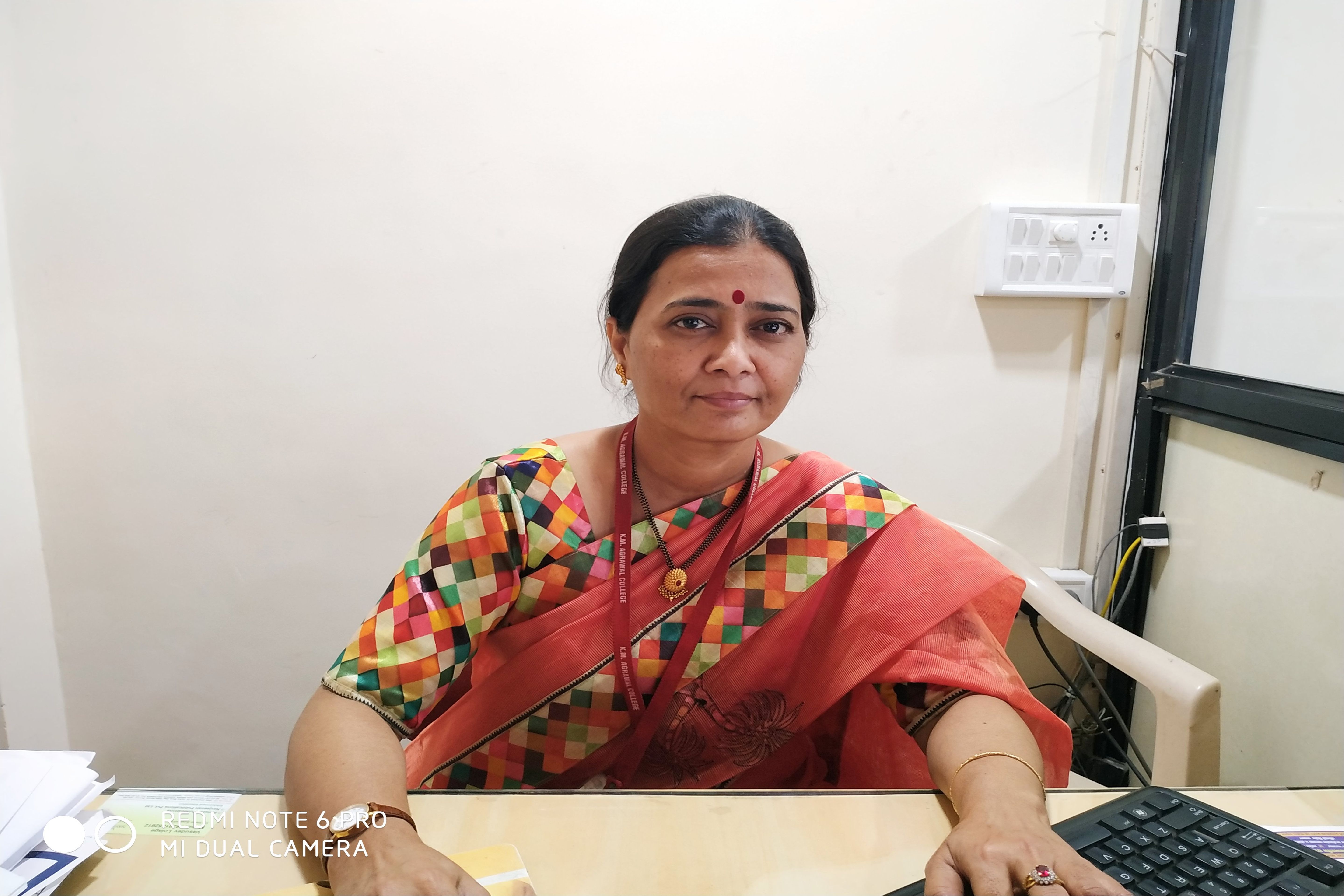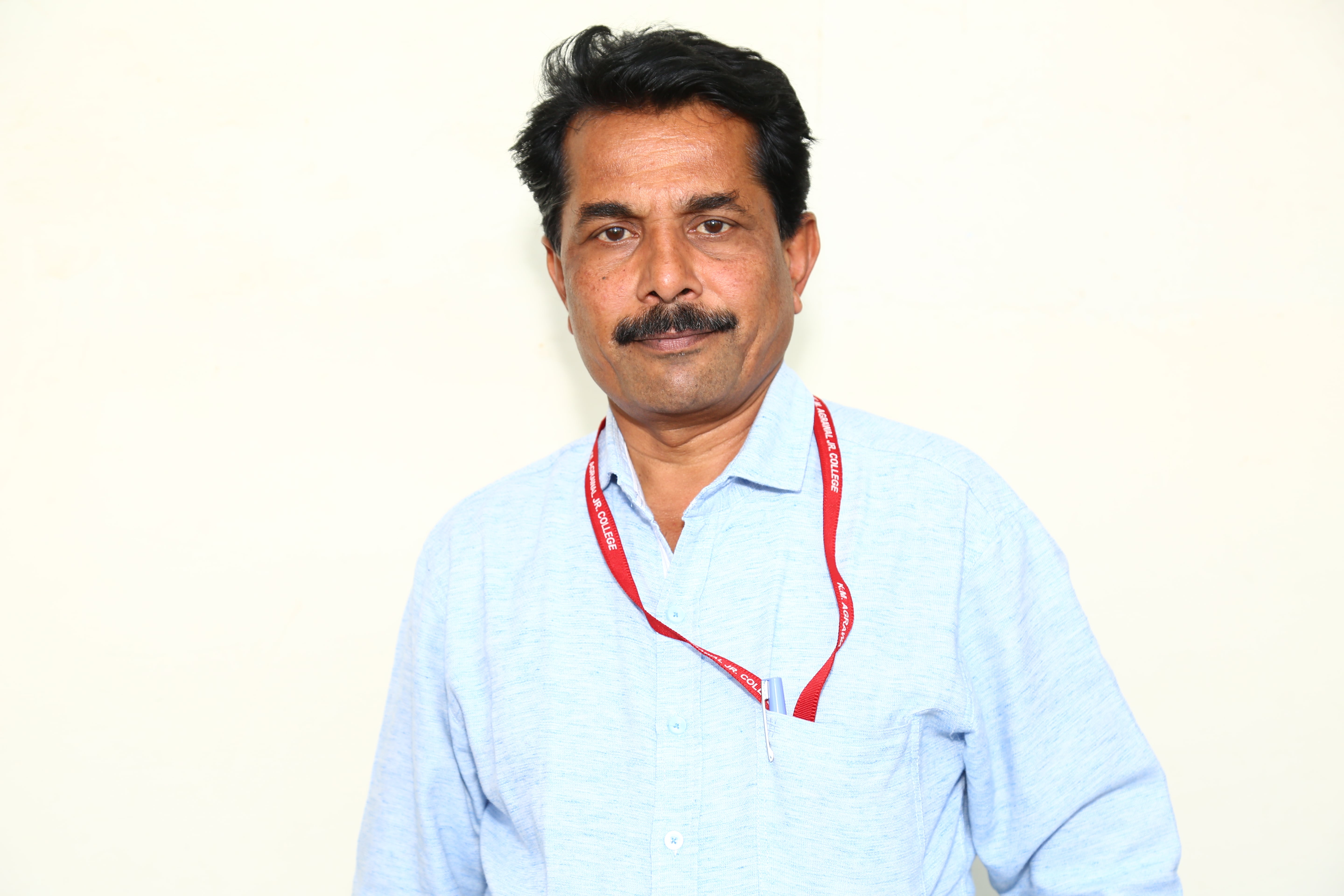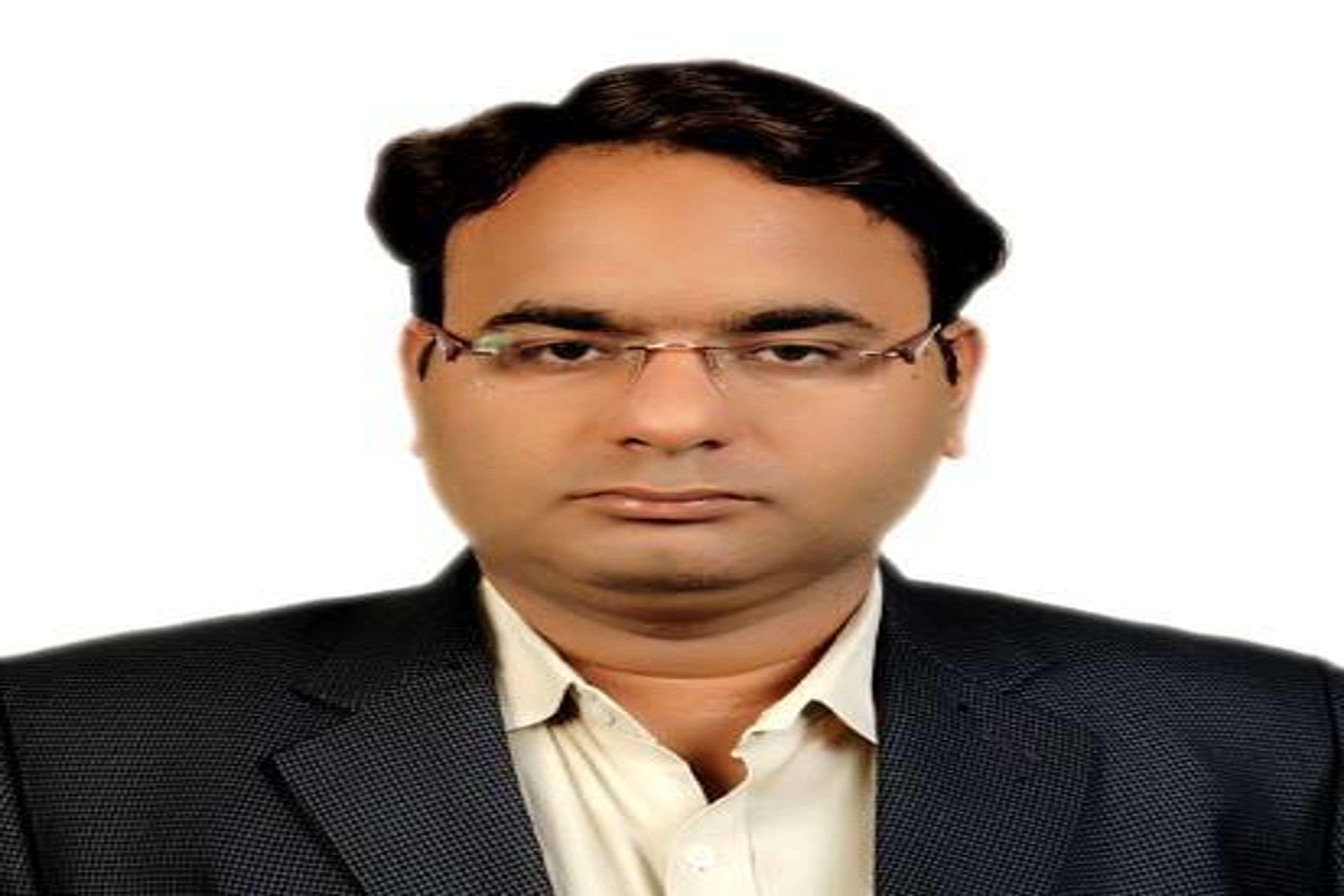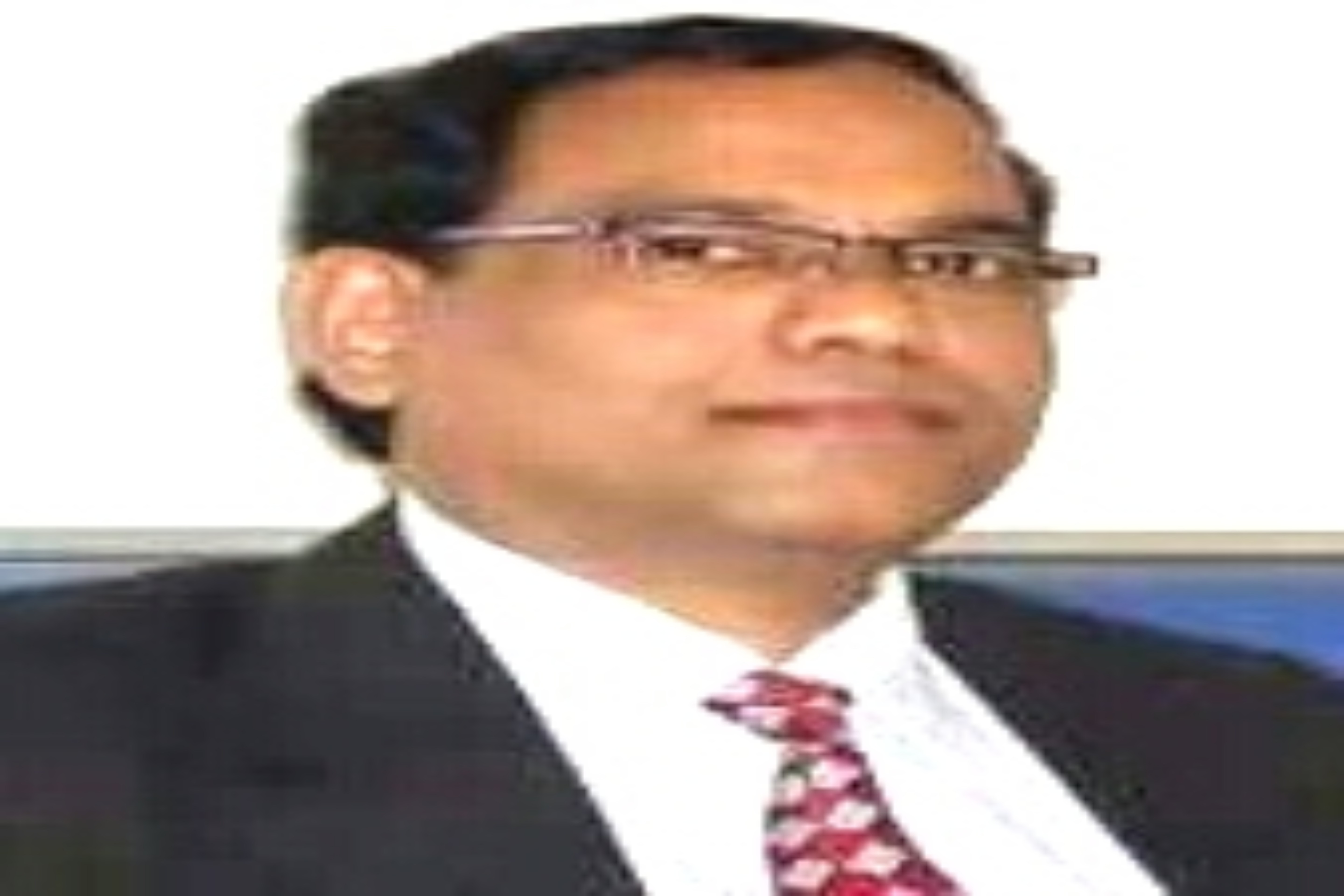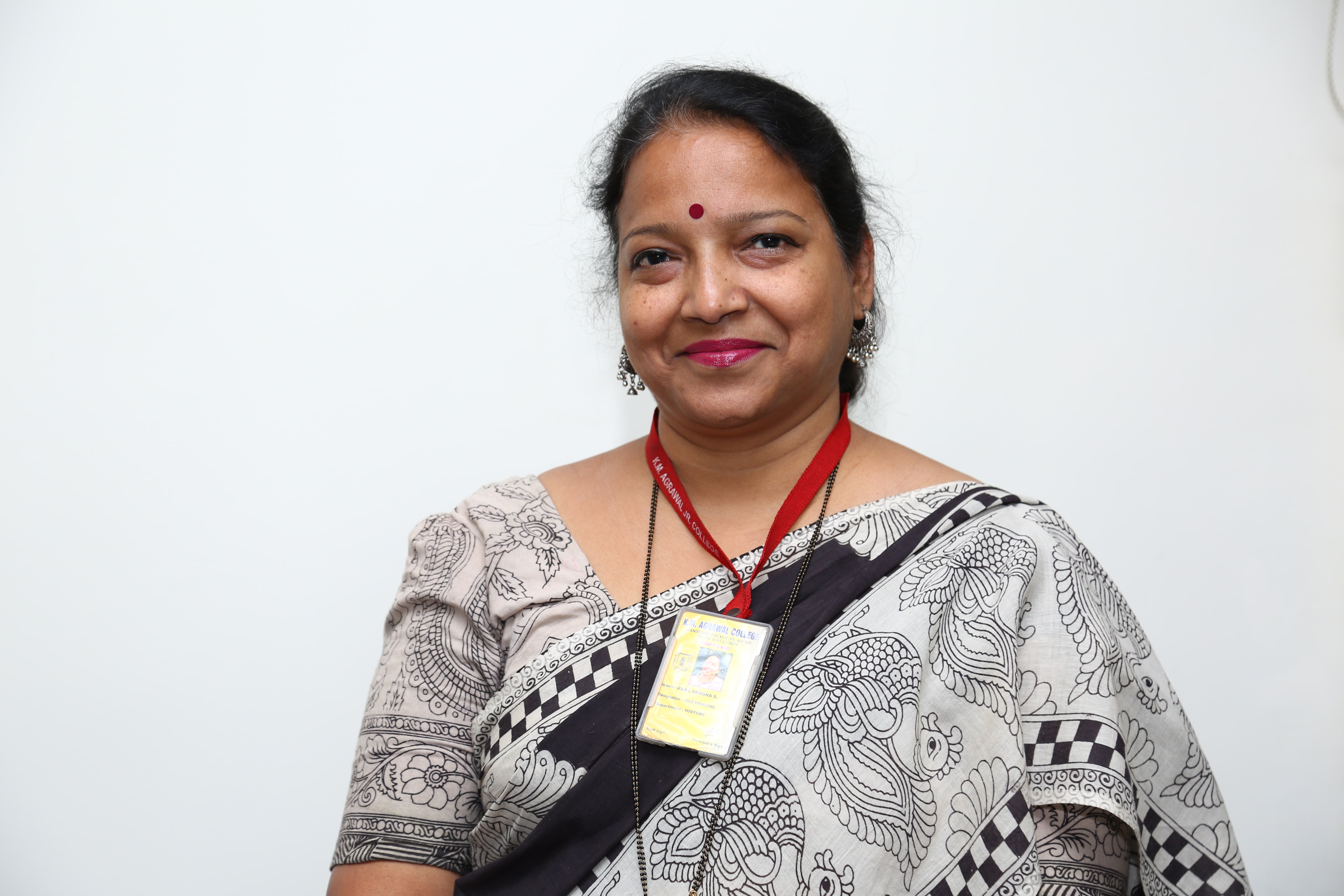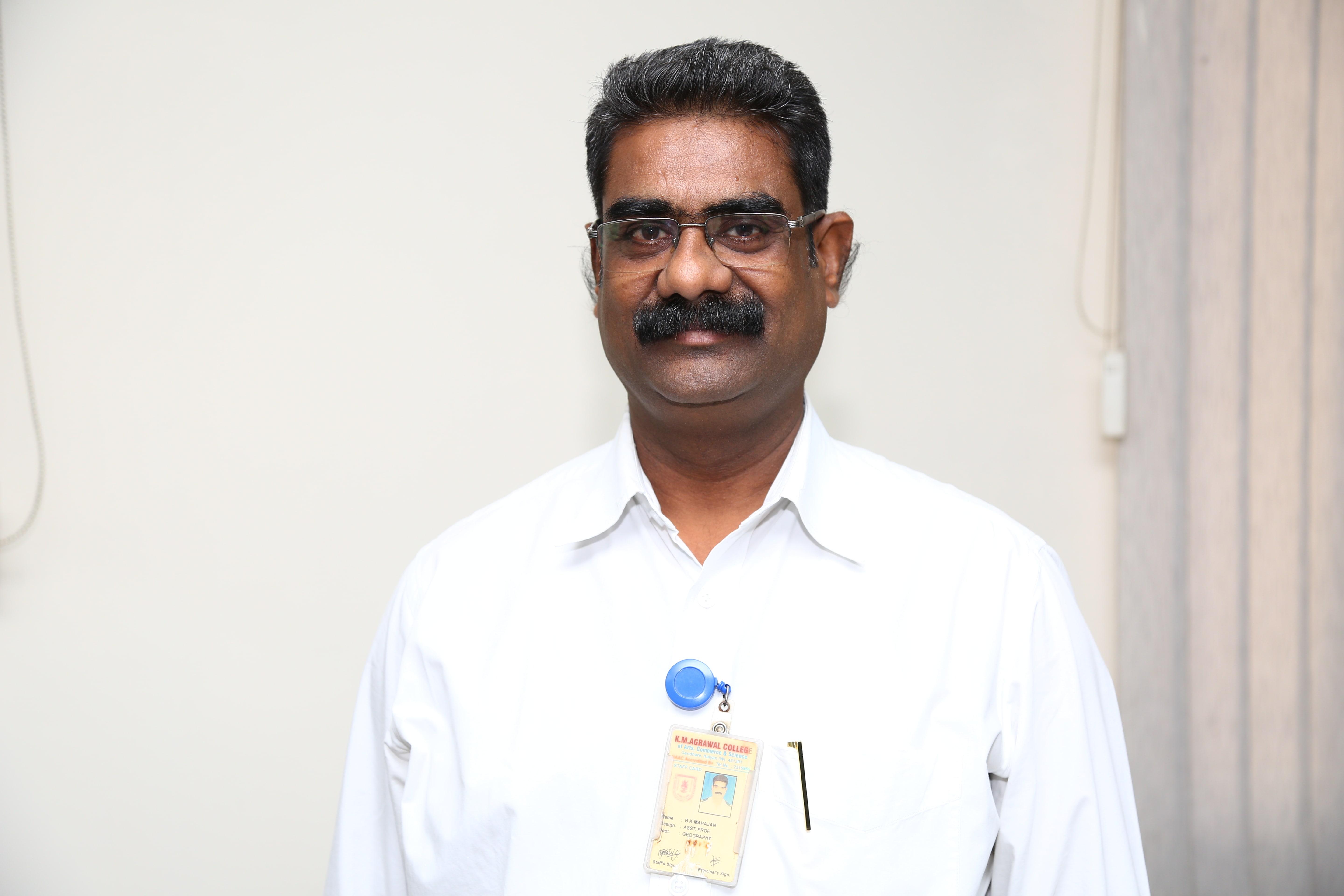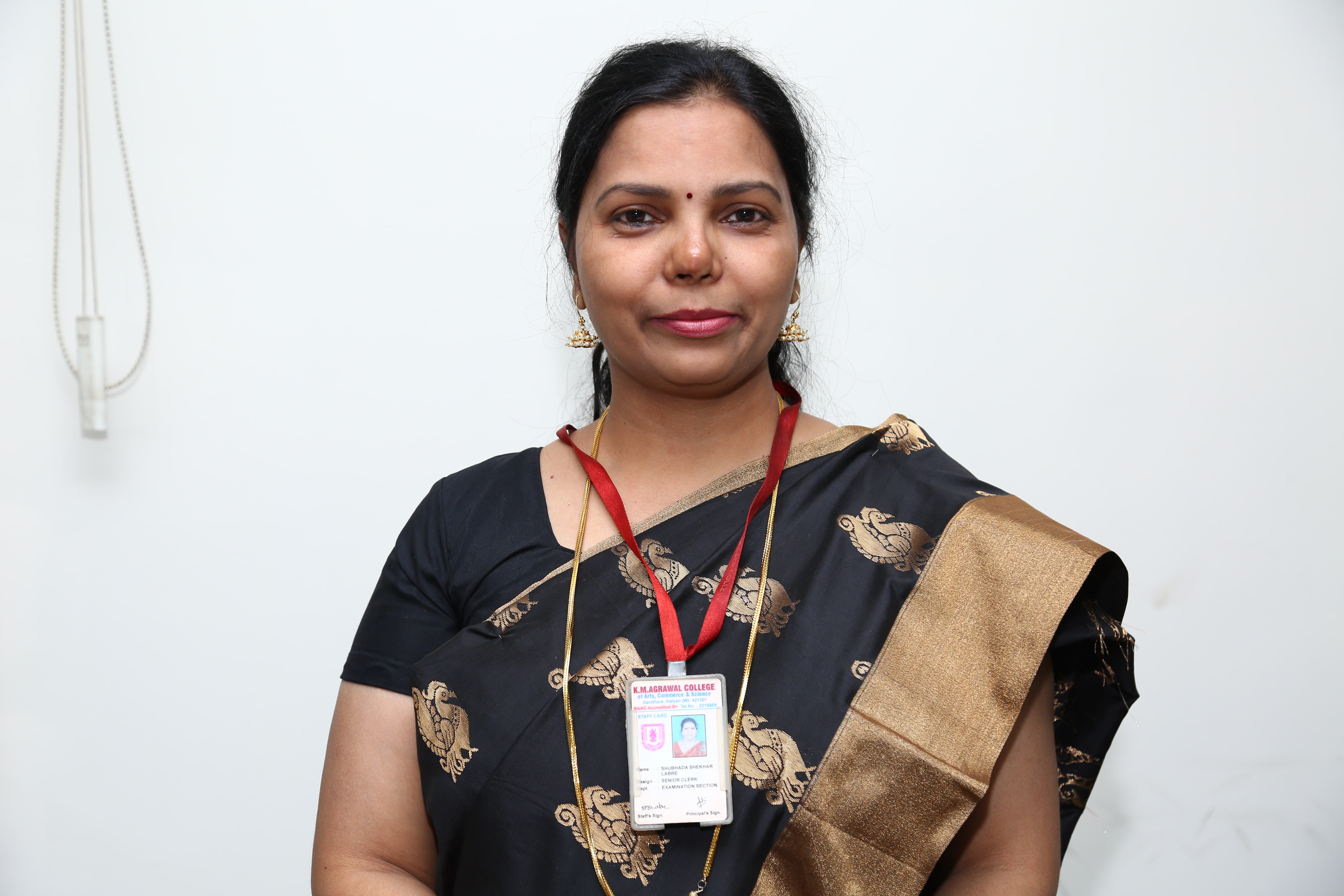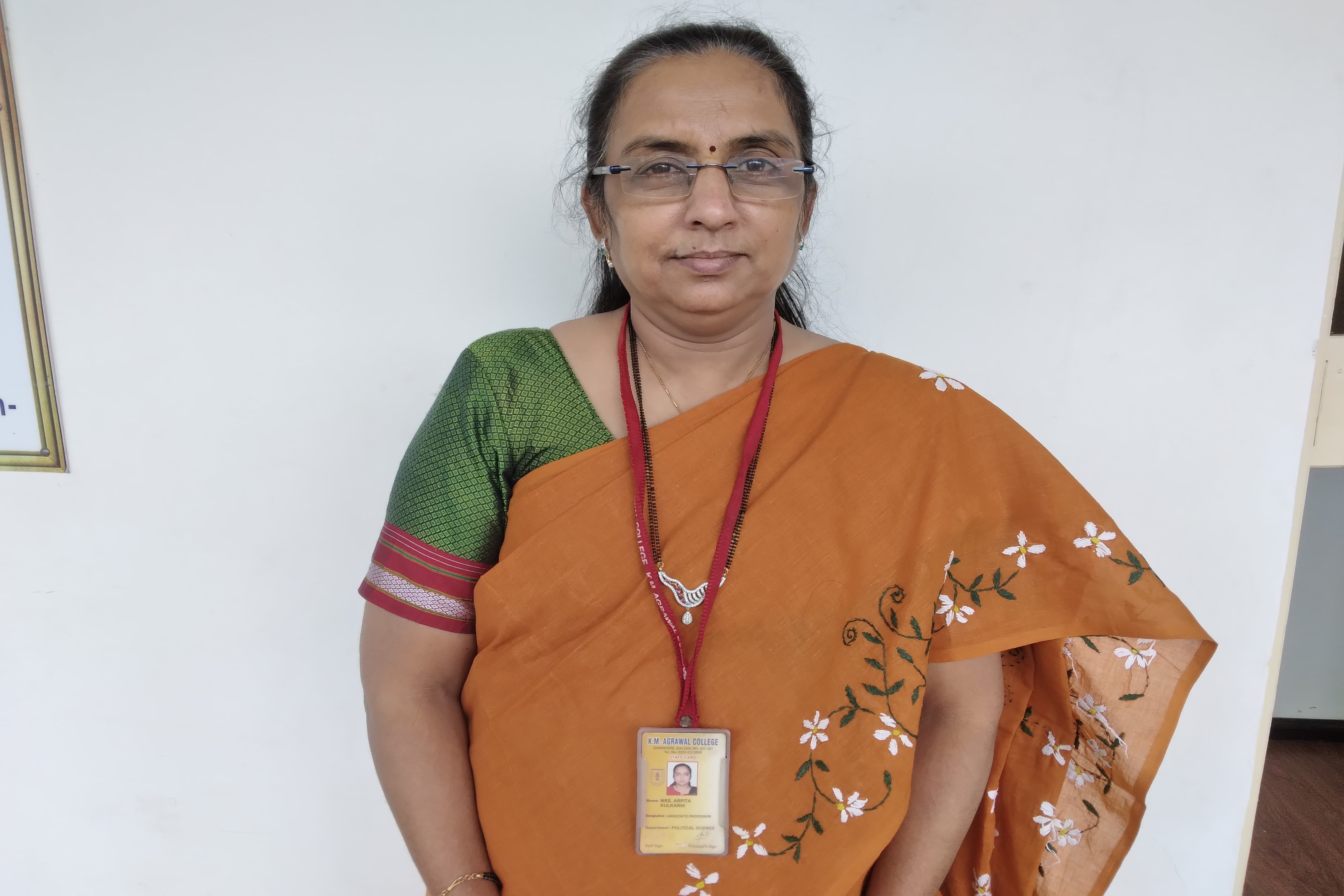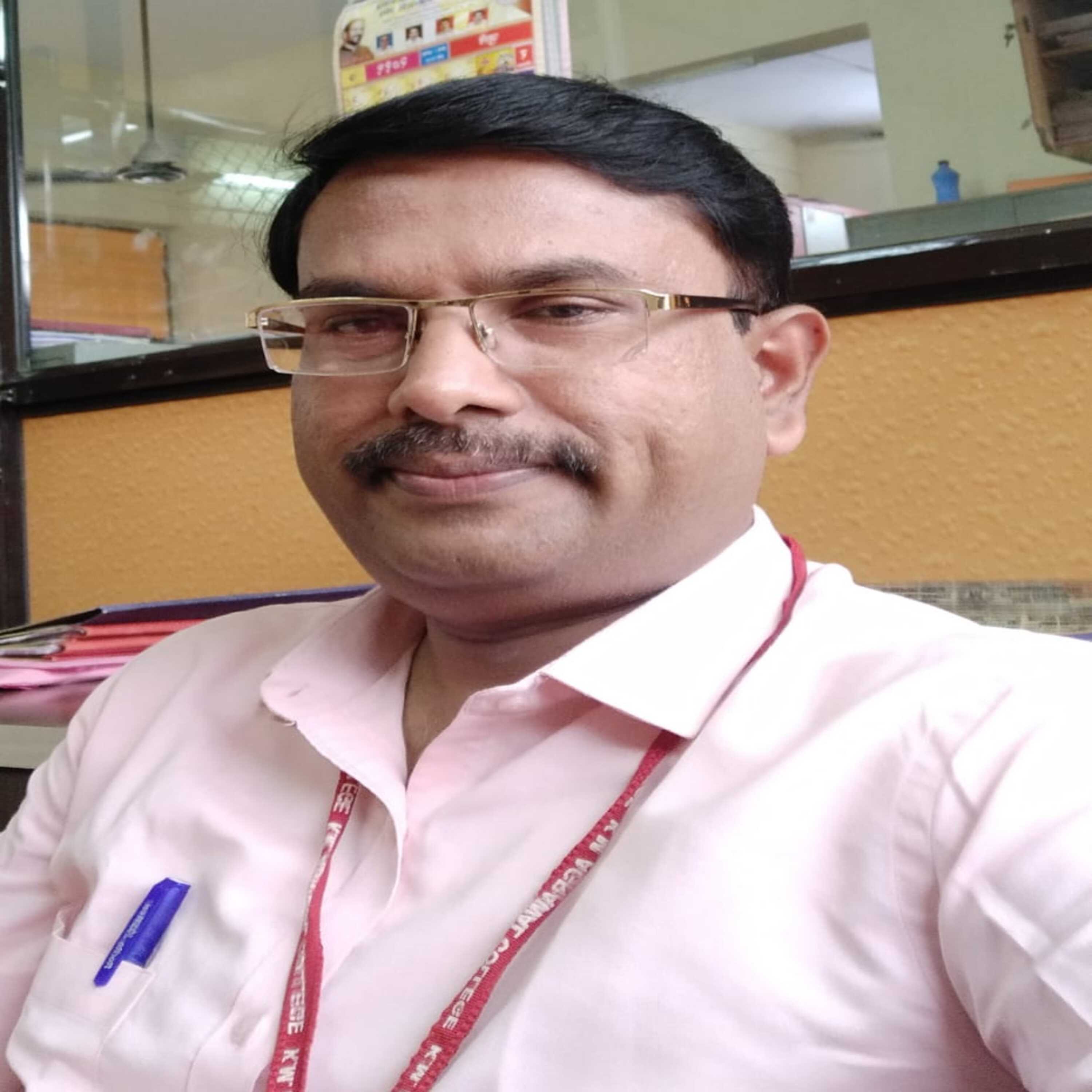ARTS 
 The course is full time with six semester spread over three year.
The course is full time with six semester spread over three year.
The Bachelor and Master degree of Arts provides a broad range of disciplinary and interdisciplinary studies from across the University, with a strong focus on aspects of human culture and achievements in social and behavioral sciences.
It also focused on:
 Increasing a student’s knowledge and
Increasing a student’s knowledge and
 Increasing the Critical thinking skills in a variety of areas – Literature,History, Political Science, Sociology Economics etc.
Increasing the Critical thinking skills in a variety of areas – Literature,History, Political Science, Sociology Economics etc.
B.A.– ECONOMICS
• Communication Skills – Students are able to communicate effectively through written, oral & graphical form about specific issues.
• Quantitative Reasoning Skills - Students are capable to understand the use of statistical methodology in the analysis process.
• Specialized Knowledge Skills – Students are able to develop the critical & quantitative thinking skills about the each and every angle of economy.
• Professional Development – Develop awareness among students about career choices.
B.A.– HISTORY
• Personality Development- As History is the study of great personalities, naturally it helps for personality development. Inspire the students of nation building. Develop them as an ideal citizen.
• Prepared students of competitive examination – It is the major outcome of History that it prepared gradates for administrative examinations like UPSC, MPSC etc.
• Provisional development – To develop awareness about higher studies, research and career.
 B.A.(History)
B.A.(History)
• They have scope for master's in History.
• They are eligible for B.Lib, B.Ed., and M.S.W. and travel and tourism.
 B.A.(Economics)
B.A.(Economics)
On completion of the B.A. Economics, students are able to –
• The students become eligible to take master education.• The students will learn professionalism and basic ethical principles.
• The student will get world knowledge.
 DEPARTMENT OF HISTORY
DEPARTMENT OF HISTORY
| Class | Course | Outcomes (Students will be able to ) |
|---|---|---|
| FYBA | History of Modern India | 1. Teach. Basic oncept of history 2. Enumerates its advantages & utilities 3. Teach. Background of national movement which led to establishment of Indian National Congress. 4. Background & effects of partition of India. |
| SYBA | ----- | 1. Landmorks of world history 2. Happenings in Europe after 1400 AD 3. Inventions in the field of engineering, education , advantages 4. Reformation movements in Europe 5. French revolution & American revolution 6. Unification of Italy & Germany 7. Colonies of European countries in Asia, Africa & South America 8. 1st World War 9. Formation of United Nations 10. Initiatives taken by United Nations |
| TYBA (Sem-V) | Medieval India 1001 - 1526 B.C. | 1. It helps the students to understand the background of Socio-Economic structure in Indian Society. 2. It helps the studnets to understan the brought by Delhi Administratie Body. 3. It helps the students to understan how different sections of society during that period helped in agricultured 4. It gives the background on the how the histori cal effects aere seen in today's modern Indian Architecture, Libterature, education and structure of Soceity. |
| TYBA (Sem.V/VI) | Elements of Research Methodology in History | 1. It gives the students theoritical background of how to conduct research and they undertake various basic research projects in their near future. |
| TYBA (Sem.V/VI) | Contermporary word History | 1.It gives students understanding of cold war between Russia & America 2. It explains Comunist Russia Downfall. 3. It explains reconstructuion of Estern Europe & Western Europe under America & Russia 4. IT explains how downfall of Communism occurred and how globalisation came into existence. 5. It explains development of women Rights Movements. |
 DEPARTMENT OF BUSINESS ECONOMICS
DEPARTMENT OF BUSINESS ECONOMICS
| Class | Course | Outcomes (Students will be able to ) |
|---|---|---|
| F.Y .B.Com. | Micro | 1. To know the micro concepts. 2. Importance & significance of business economics. 3. To learn the practical approaches of concepts. |
| S.Y.B.Com. | Macro | 1. Meaning, importance, significance, role of macro concepts. 2. To know the government policies. 3. To study the India’s public finance. |
| T.Y.B.Com. | Indian & International Economics | 1. To know the areas of Indian economy. 2. Policies for development of India. 3. India's international policies. 4. To study the international integration. |
 DEPARTMENT OF POLITICAL SCIENCE
DEPARTMENT OF POLITICAL SCIENCE
| Class | Course | Outcomes (Students will be able to ) |
|---|---|---|
| F.Y.B.A. | UBARTFSI3 l Sem I Indian Political Process UBARFSI 3 – Sem II Indian Political Process |
1. An understanding of how political institutions emerge, how they operate . 2. Understanding how political institution interact with outside environment |
| S.Y.B.A. | UAPOL301- Sem IIIPAPER II-Political Theory UPOL302- Sem III PAPER III-Public Administration |
1. Familiarity with different approaches to the study of politics. 2. Understanding the process of administration and changes brought in by globalization. |
| S.Y.B.A. | UAPOL401 Sem IV PAPER II-Political Theory UPPOL402 Sem IV PAPER III-Indian Administrative |
1. Understanding the political values 2. Understanding the Indian administrative system and challenges. |
 DEPARTMENT OF GEOGRAPHY
DEPARTMENT OF GEOGRAPHY
| Class | Course | Outcomes (Students will be able to ) |
|---|---|---|
| F.Y.B.A. | Geography paper I Sem I: Geomorphology | 1. To know the fundamentals of Physical Geography. 2. Acquire knowledge about origin of various landforms. 3. Understand the origin of oceans and currents. 4. To Understand formation of rocks there types and uses. 5. Understand the work of internal coerces. 6. Acquire knowledge of external forces. 7. Study the land forms and process. 8. Study the denudation processes. |
| F.Y.B.A. | Geography paper II Sem II: Human Geography | 1. Understand the relationship of man and environment 2. Studies of races of man kinds. 3. Understand the types of human. 4. To study problems and effect of migration. 5. Understand the demography. |
| S.Y.B.A. | Geography Paper II: Sem III: Climatology | 1. Understand the structure, composition of Atmosphere. 2. Understand weather phenomena winds, humidity, precipitation. 3. Understand heat balance. 4. Understand forecasting methods. 5. To understanding the process of weather forecasting. 6. Study of koppens classification. 7. To understand climatic changes through Dust and carbon die oxide theory. |
| S.Y.B.A. | Geography Paper III: Sem III: Physical Geography Of India | 1. Understand the location Physiography, Drainage, Climate, and Vegetation of India 2. To know the silent feature, problems and prospects of Agriculture. 3. Study the Problems And Prospect of Industrial Area. 4. Population Composition India. |
| S.Y.B.A. | Geography Paper II: Sem IV: Introduction to Oceanography | 1. Understand importance of ocean. 2. Knowledge about effect of ocean Currents. 3. Understand human impacts on Ocean. 4. Study about types of tides. 5. To make aware about jadeites use of water. 6. To understand Watershed management and water harvesting Structure. |
| S.Y.B.A. | Geography Paper III: Sem IV: Agricultural Geography of India | 1. Examining the introduction to agriculture, nature, scope, significance and development of agriculture geography, approaches to study. 2. Understand the fundamental concept, land use, crops, agricultural production and envelopment and study the determinants of agricultural activities, physical determinants, and socio-economic determinants. 3. To understand the agricultural system its meaning and concept, whittlesey’s classification of agricultural system, types of agricultural, study of the following types of agricultural in respect of area, salient features and their problems. 4. Understand the agricultural regionalization and modes in agricultural geography and their classification of agricultural models and some theories. 5. Understand the agricultural statistics & land use survey techniques and agrarian revolution, meaning &merit and demerit of green revolution and white revolution. |
| FY.B.Com | Environmental Studies | 1. Understand Structure, Components of Atmosphere. 2. Study about Nutrient cycling. 3. Acquire knowledge about biodiversity. 4. Understand the value of Resource. 5. Understand environmental problems there Cause, Effect and Remedies. 6. Get knowledge about environmental hazards and management. 7. Make aware about conservation of resources. 8. Understand the various environmental protection acts. |
 Compulsory Subjects
Compulsory Subjects
 Optional Subjects
Optional Subjects
 Compulsory Subjects
Compulsory Subjects
 Optional Subjects
Optional Subjects

